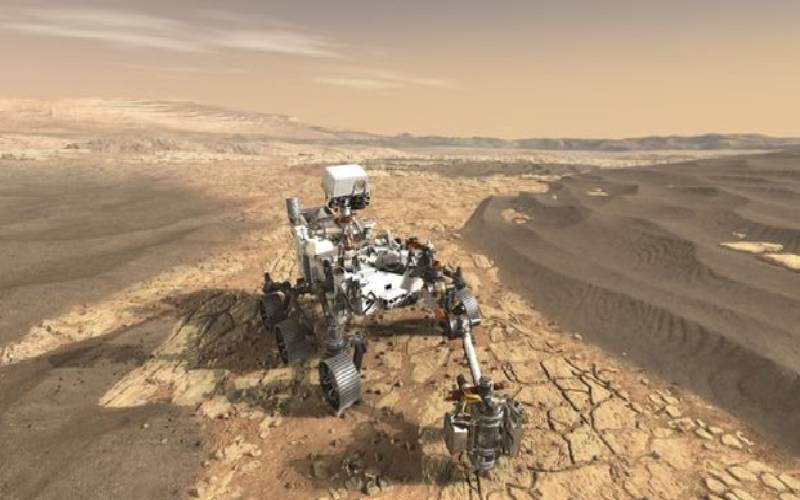×
The Standard e-Paper
Smart Minds Choose Us

NASA's chief scientist Jim Green has predicted that life will be discovered on Mars within a couple of years - but warned that the world is not prepared.
The US space agency and the European Space Agency (ESA) are both preparing to send rovers to Mars next year, in search of alien life.